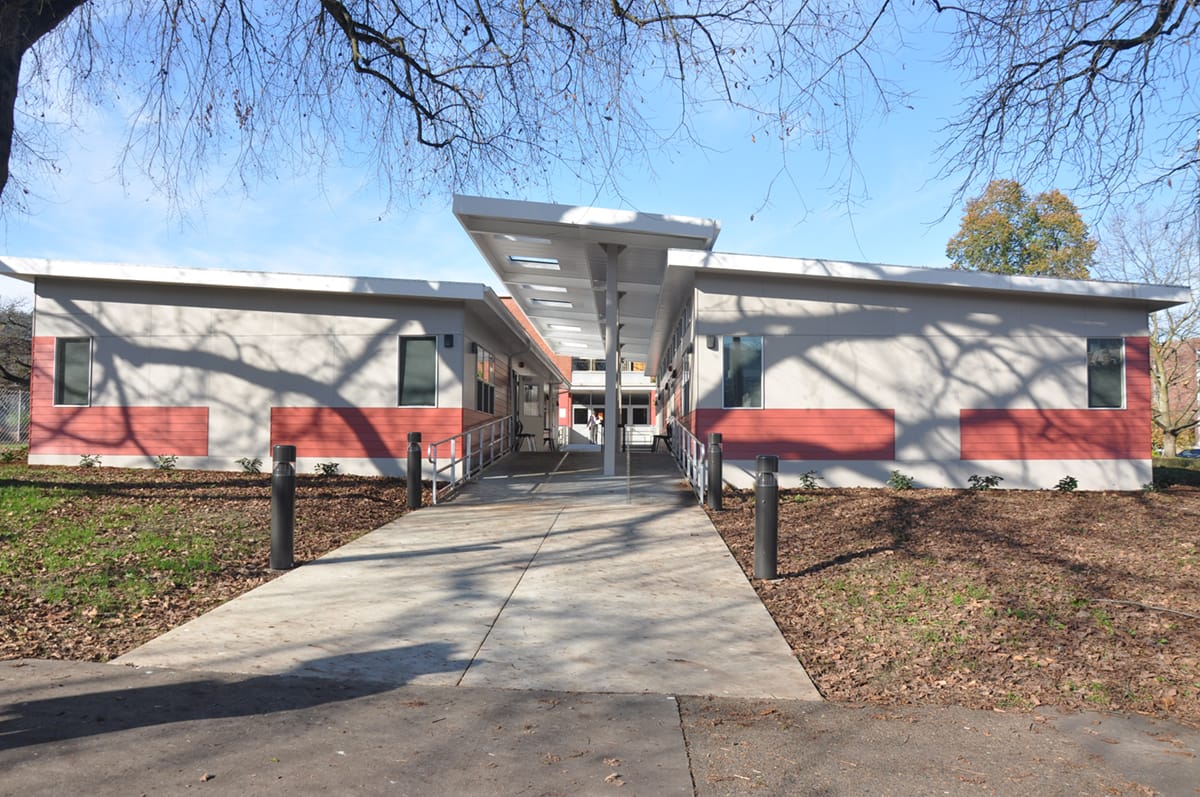Oregon’s Prevailing Wage Proposal: A Wake-Up Call for Modular Construction
Modular industry leaders weigh the future as state lawmakers extend labor rules to offsite manufacturing.
In a move closely watched by the modular construction and manufacturing industries, Oregon lawmakers recently passed legislation that will apply prevailing wage requirements to offsite modular and prefabrication factories serving public projects. The bill has yet to be signed by Oregon governor Tina Kotek but could be signed within days.
For the state, the Governor’s signature could mean big changes for how it delivers much-needed solutions to its housing crisis. And for modular factory owners, this isn’t just another regulation; it’s a potential turning point that could reshape how they do business—not just in the next fiscal quarter, but over the next five years and beyond.
The Immediate Impact: Stress on Pricing, Operations, and Workforce
Prevailing wage laws, traditionally reserved for on-site construction workers, set minimum pay rates based on local standards for each trade. Extending these requirements to factory-based manufacturing—where work is performed offsite in controlled environments—marks a significant shift in how the state regulates labor in the construction ecosystem.
Kendra Cox, co-owner of Oregon-based modular building manufacturer Blazer Industries, expressed a mixture of concern and uncertainty about how quickly the prevailing wage mandate could affect their operations.
“The big unknown is what the Bureau of Labor and Industries (BOLI) will determine for prevailing wage in the factory,” said Cox. “We’ll have to raise prices as needed and also focus on improving efficiencies to stay competitive.”
In addition, there are worries about the immediate ripple effects:
- Higher labor costs would force adjustments to contracts already in progress.
- Pricing structures would have to be revised quickly, potentially jeopardizing deals in the pipeline.
- The factory’s ability to retain and recruit workers would change—wages might become more attractive for workers, but the strain on operating budgets could lead to hiring freezes, layoffs in other departments, or the implementation of tiered compensation.
“There are enough challenges to the modular industry currently without adding this complexity,” said Stuart Emmons, FAIA, owner/principal at Oregon-based Emmons Design and member of the Board of Directors for the Modular Building Institute. “Requiring prevailing wages for public works projects except affordable housing will create instability and perhaps chaos in our factories due to drastically increasing all wages factory-wide or saying ‘no’ to lucrative public projects to avoid a two-tier pay scale in the factory. Manufacturers may have to have two factories—similar to General Contractors who have separate construction sites—which is completely unfeasible at this point.”


Lincoln High School in Portland, OR, installed several modular classrooms while the school was under construction/renovation. The units were built by Blazer Industries and Pacific Mobile and represent the types of public projects that will be affected by this legislation.
Long-Term Outlook: Growth, Adaptation—or Relocation?
Looking ahead, many factory owners fear the new rules could push modular manufacturing out of Oregon.
“Oregon was already not an attractive place for modular construction investment,” said Cox. “This is a point we’ve been making as the state seeks to build more modular production facilities. Why are there so many factories in Idaho versus Oregon or Washington?”
Some factory leaders are asking hard questions:
- Should they limit the number of public projects they take on in Oregon?
- Is it time to open a satellite factory across state lines to remain competitive?
- Could this law force a shift back toward traditional site-built construction for projects that were moving toward modular?
“Our housing crisis is system-wide,” said Emmons, “from homeless shelters to affordable housing to workforce housing to market-rate housing, all the way up to luxury condominiums. Innovation is critical to increasing housing system-wide; they are all interconnected. Even if this bill excludes affordable housing, it will negatively impact affordable housing, by making other types of housing more costly.”
The Broader Impact: Housing Affordability at Risk
Perhaps the most far-reaching consequence is how this bill could impact Oregon’s housing affordability crisis.
Modular construction has been touted as a key solution for delivering affordable housing quickly and efficiently. However, factory owners argue that imposing prevailing wages on factory work—where processes are fundamentally different from on-site construction—could wipe out much of that cost advantage.
What Is Prevailing Wage?
Prevailing wage laws require contractors on public projects to pay union wages and benefits for specific job classifications whether the company is union or not. The goal is to prevent non-union contractors from bidding less than union contractors, protecting union jobs at taxpayer expense. Historically, these rules have applied on the site of work only, but not to offsite factory-based modular or prefab manufacturing.
“Raising the cost to do business, particularly for companies like Blazer who build both residential and commercial, will affect pricing across the board,” said Cox. “Another concern is that BOLI will not be able to force out of state/country manufacturers to comply and those manufacturers will then have an advantage over Oregon companies.”
There are also concerns about unintended economic consequences:
- Loss of factory jobs if businesses close or move operations.
- Slower delivery of housing units and public infrastructure.
- Increased project costs that strain city and state budgets already under pressure.
A Message to Lawmakers: Do Your Homework
While the modular building industry is united in supporting fair wages and worker protections, Cox and Emmons argue that this bill is a blunt instrument for a nuanced issue.
“I’m asking [lawmakers] to not pass bills without a full understanding of the impact,” said Cox. “This bill lacks solid data to back up the argument for requiring off-site manufacturers to pay prevailing wage. The bill doesn’t even state what the wage(s) will be. Witnessing our legislators enact a bill without understanding the consequences erodes trust in the system. The state has clearly communicated the goal of supporting innovation and technology yet supports a bill whose advocates provide little to no data to prove their case.”
The industry’s ask in Oregon is simple but urgent:
- Delay implementation to allow time for proper analysis and adjustment.
- Consider exemptions or modified rates for factory-based labor distinct from on-site work.
- Introduce incentives or offset programs that support local manufacturing while honoring labor standards.
“This legislation will increase housing costs and extend project delivery times,” concluded Emmons. “It will also curtail the one thing that helped to create the housing crisis: lack of innovation.
“Our governor has focused on housing as a top priority, and this bill runs completely counter to that goal.”
Conclusion: Oregon Needs Modular
Oregon’s prevailing wage bill for modular construction represents a pivotal moment in the evolution of the state’s construction and manufacturing industries. The Governor’s choice could either reinforce Oregon’s reputation as an innovator in sustainable, efficient building—or push jobs and investment out of the state.
One thing is clear: the consequences of this legislation will be felt far beyond the factory floor, touching every corner of Oregon’s economy, housing market, and future.
About the Author: John McMullen, PCM, is the marketing director for the Modular Building Institute. You can reach him directly at mcmullen@modular.org or on LinkedIn.
Additional Government Affairs Articles
MBI Works with WA Labor and Industries Dept.
MBI Works with Washington State Labor and Industries Department to Adopt Third Party Plan Reviews At the end of August,…
Read Complete ArticleModular Building Institute Protects Members Doing Business in New York
Modular Building Institute Protects Members Doing Business in New York Early during the 2020 New York State Legislature session, two…
Read Complete ArticleBreaking Down the “Modular Building Code”
MBI often gets calls from people asking, “what is the modular building code?” So, let’s answer that question here.
Read Complete Article- « Previous
- 1
- 2
- 3
- 4


